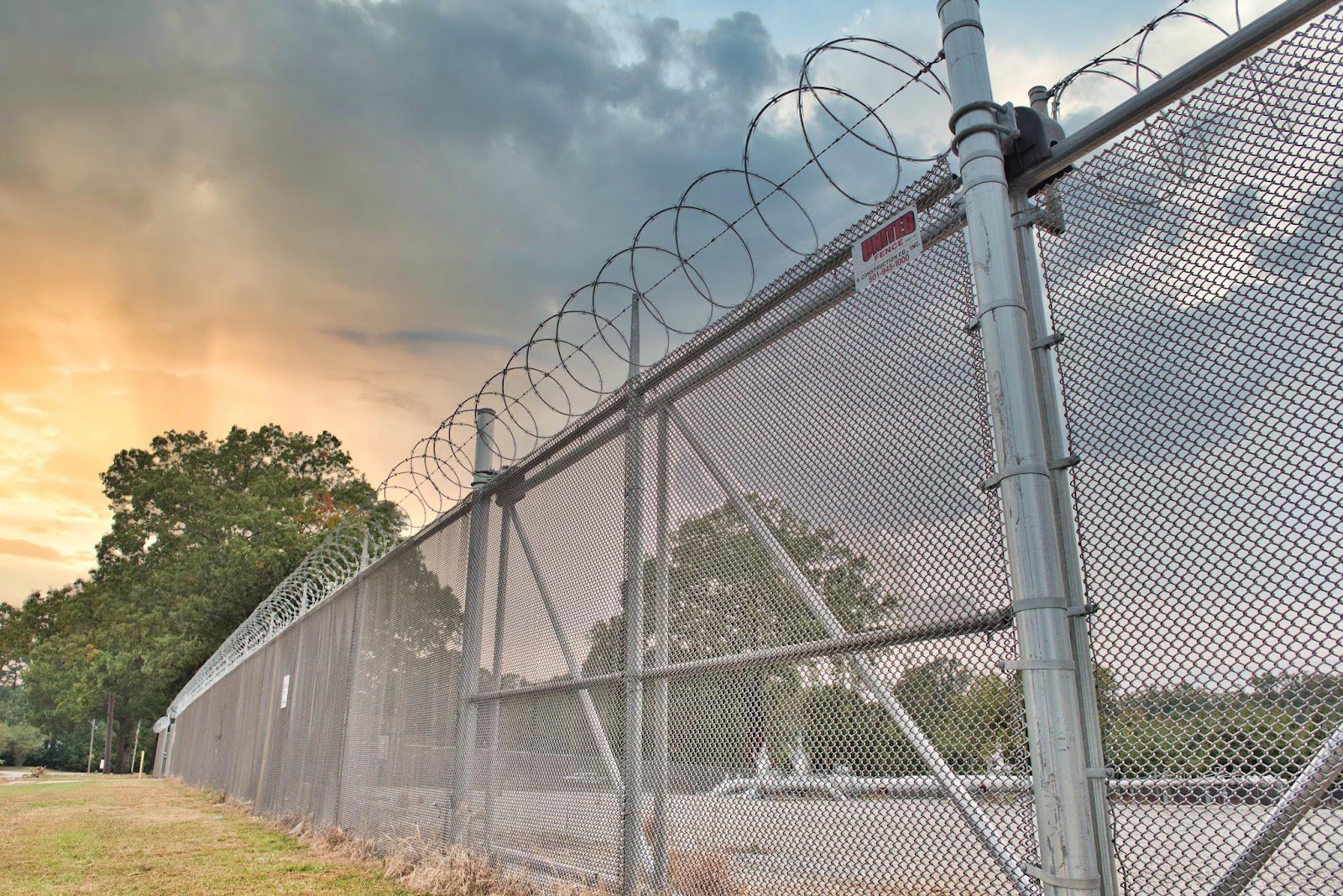Featured
Installing a fencing is a superb means to enhance your home's looks, security, and personal privacy. Here's an extensive guide to preparing your property for a fencing setup.
You must also look for underground utilities, such as water, gas, and electrical lines, to avoid damaging them during the installation procedure. A lot of regional utilities use a "call-before-you-dig" service, where they will certainly mark the area of energy lines on your residential property.
![]()
For instance, if you require privacy, a solid wood or vinyl fencing would certainly be ideal. If safety and security is your top priority, chain-link or wrought iron may be the most effective selection. Your specialist will additionally assist determine the height of the fencing and any kind of unique attributes, such as entrances or attractive accents. Understanding your goals for the fencing will make sure the end product fulfills your demands.
![]()
Final thought. Correct prep work is crucial to an effective fence installation. By recognizing neighborhood regulations, marking residential or commercial property lines, clearing the installment location, making sure equipment accessibility, wrapping up the layout and products, and educating your next-door neighbors, you can establish your job up for success. Making the effort to prepare your home guarantees that the installation process is smooth, effective, and leads to a fencing that boosts your residential or commercial property's value and security.
- Understand Regional Regulations and Permits. Several towns need house owners to apply for a license prior to installing a fence, particularly if the fencing goes beyond a particular elevation. Laws might also dictate the type of product you can use, the place of the fence (whether it's in the front lawn or along a building line), and the elevation restrictions for fences.
- Mark Your Building Lines. It's important to recognize the specific borders of your residential property prior to starting the fencing installation. This will help protect against any boundary disagreements with next-door neighbors and guarantee that the fence is placed within your residential property lines. If you're uncertain concerning where your building lines are, think about hiring a property surveyor to mark the boundaries for you. Numerous fence installation experts additionally offer residential property line noting solutions. Having this clearness will certainly additionally assist stay clear of any lawful concerns later on, particularly if the fence is being constructed along a shared property line.
- Clear the Installation Location. A significant part of preparing your home for a fencing installation is clearing the setup area. Furthermore, you ought to remove any existing fencings, old posts, or frameworks that are in the way.
You must also look for underground utilities, such as water, gas, and electrical lines, to avoid damaging them during the installation procedure. A lot of regional utilities use a "call-before-you-dig" service, where they will certainly mark the area of energy lines on your residential property.
- Prepare For Devices Access. The installment of a fence will likely need heavy equipment, such as trucks for hauling products and tools for digging openings. It's important to ensure that there is simple accessibility to your home for this equipment. If your property has a narrow driveway or restricted access factors, inform your service provider ahead of time so they can intend the most effective path for shipment and installment. Clear any challenges, such as automobiles, that might be in the way, and make sure the specialist has adequate area to work without interference.

- Settle Your Fence Style and Products. The following action is to finalize the style and material choices for your fencing. Think about the objective of your fence-- whether it's for personal privacy, safety, design, or merely marking boundaries. Discuss your preferences with the professional to identify which material is finest suited for your needs. Typical fencing materials consist of timber, vinyl, chain-link, and light weight aluminum, each offering distinctive advantages.
For instance, if you require privacy, a solid wood or vinyl fencing would certainly be ideal. If safety and security is your top priority, chain-link or wrought iron may be the most effective selection. Your specialist will additionally assist determine the height of the fencing and any kind of unique attributes, such as entrances or attractive accents. Understanding your goals for the fencing will make sure the end product fulfills your demands.
- Inform Your Neighbors. If your fencing will certainly be installed along a shared residential property line, it's polite to educate your next-door neighbors beforehand. While you don't require your neighbors' consent to mount a fence on your home, maintaining them in the loophole is a good means to preserve good relationships.
- Prepare for Post-Installation Maintenance. Once your fencing is mounted, it will need routine upkeep to keep it in excellent problem. Routine upkeep will certainly make certain that your fencing remains practical and cosmetically pleasing for many years.

Final thought. Correct prep work is crucial to an effective fence installation. By recognizing neighborhood regulations, marking residential or commercial property lines, clearing the installment location, making sure equipment accessibility, wrapping up the layout and products, and educating your next-door neighbors, you can establish your job up for success. Making the effort to prepare your home guarantees that the installation process is smooth, effective, and leads to a fencing that boosts your residential or commercial property's value and security.
Latest Posts
Discover the Perfect Tile Floor Covering at Carpet Interiors Floor & Home
Published Apr 20, 25
1 min read
Flooring Experts That Treat You Like Family
Published Apr 20, 25
1 min read
Simplify Your Finances with WyHy's Coinstar Service
Published Apr 20, 25
1 min read